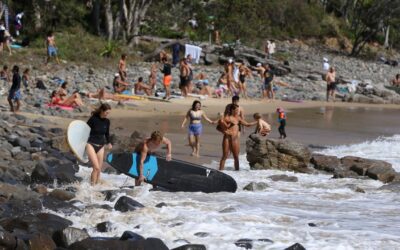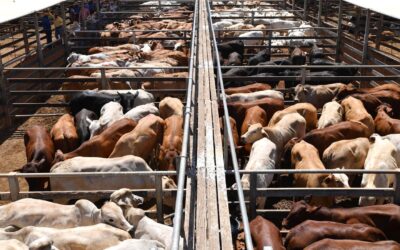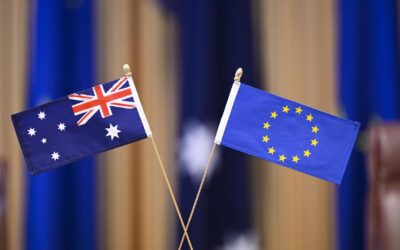Sorry, that’s old news…
You’ve found an older news story. We delete stories from our AAP News Feed after two months. But fear not, here’s today’s news!

Sabbaticals could be used as a tool for employers to recruit, keep and foster talented workers.

Some children have required hospital treatment after a major measles outbreak of unvaccinated children in parts of ...

Critical unemployment figures will give Australia's central bank a clearer picture on whether it will deliver a ...

Angus Taylor has promised to prioritise people who share Australians' "core values" as the Liberal party he leads ...

A used car startup has netted its founder a nine-figure payday after selling his business to Toyota but it won't ...

An elusive EU-Australia free trade agreement could soon be finalised, with Australia's trade minister confident a ...

The opposition's newest leader Angus Taylor faces the mammoth tasks of retaining a safe seat and mending the ...

There are signs of progress in the EU-Australia trade talks after Australian Trade Commissioner Don Farrell met ...
No results found.
Background image courtesy victoriancollections.net.au